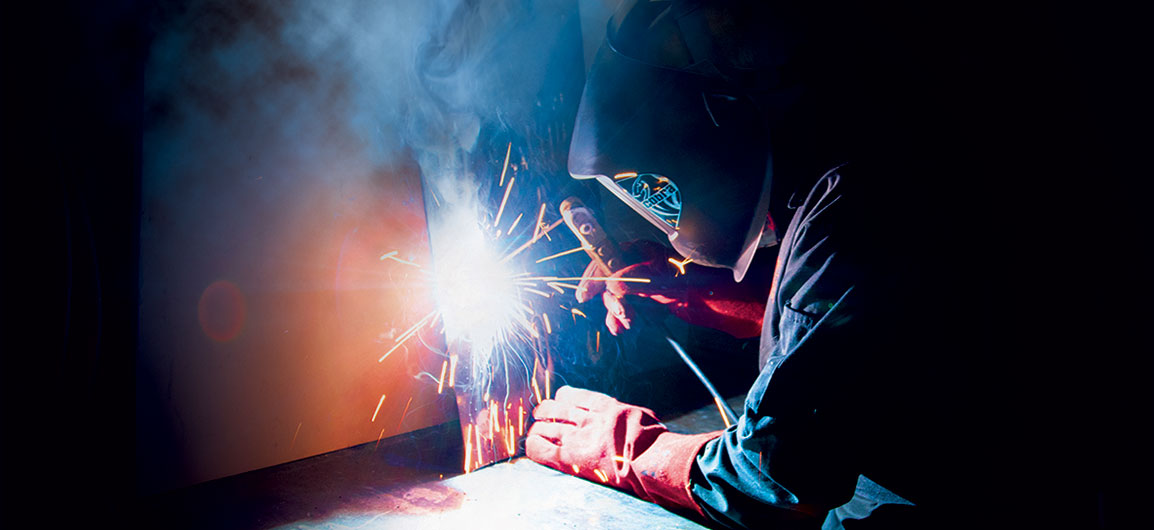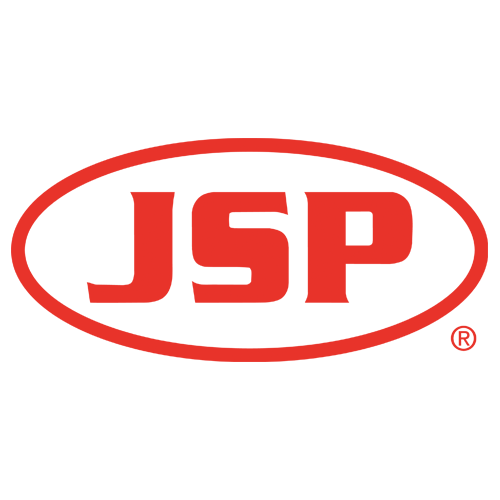Welding fume control
Raymond
Last Update 5 years ago

In February 2019, any workers, employers, self-employed, contractors' or anyone who undertakes welding activities in any industry must be protected against welding fumes. This is due to new scientific evidence from the International Agency for Research on Cancer that exposure to these welding fumes can cause lung cancer and there is a suggestion that it might even lead to kidney cancer.
The Workplace Health Expert Committee has endorsed the reclassification of mild steel welding fume as a human carcinogen. With immediate effect, there is a strengthening of HSE's enforcement expectation for all welding fume, including mild steel welding; because general ventilation does not achieve the necessary control. Exposure to some welding fumes can cause metal fume fever most commonly caused by welding galvanised steels.
All businesses undertaking welding activities should ensure effective engineering controls are provided for welding activities indoors e.g. Local Exhaust Ventilation (LEV). Where LEV alone does not adequately control exposure, it should be supplemented by adequate and suitable Respiratory Protective Equipment (RPE) to protect against the residual fume. Appropriate RPE should also be provided for welding outdoors. Welders should also be suitably instructed and trained in the use of these controls.
Regardless of duration, HSE will no longer accept any welding undertaken without any suitable exposure control measures in place, as there is no known level of safe exposure. Risk assessments should reflect the change in the expected control measures and a proper RPE programme should be put in place ensuring suitable product selection including face fit testing, inspection, maintenance, cleaning and storage.
The HSE have specific guidance on their website which outlines control measures to consider when welding in a variety of environments. In all cases when RPE is required a minimum Assigned Protection Factor (APF) of 20 is outlined. (HSE Safety Bulletin: STSU1 - 2019.)
HSE: COSHH advice sheets: welding, cutting and surface preparation >>

